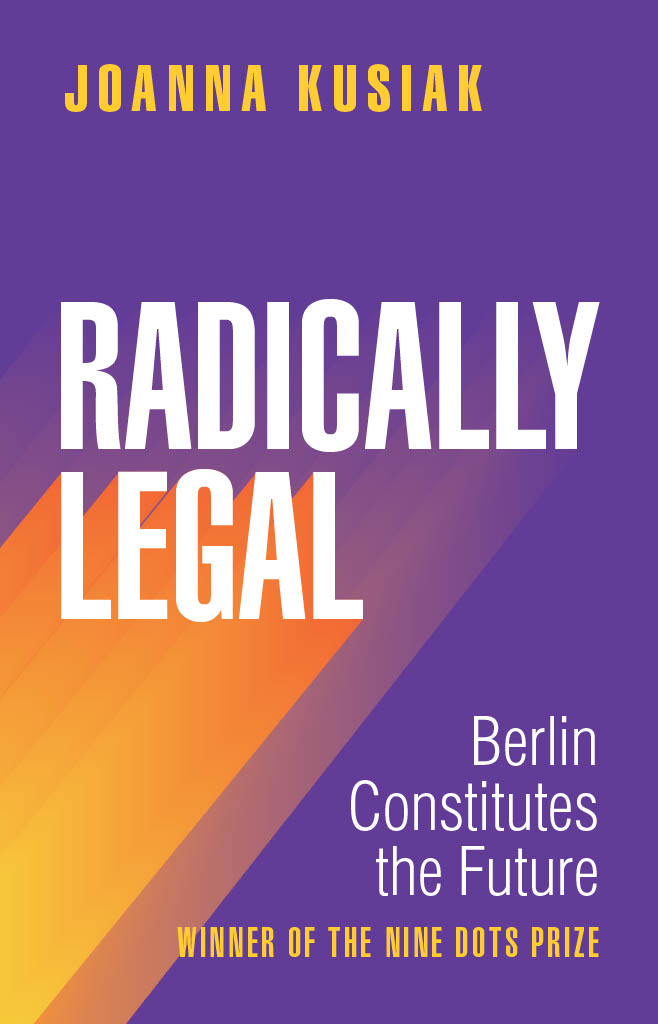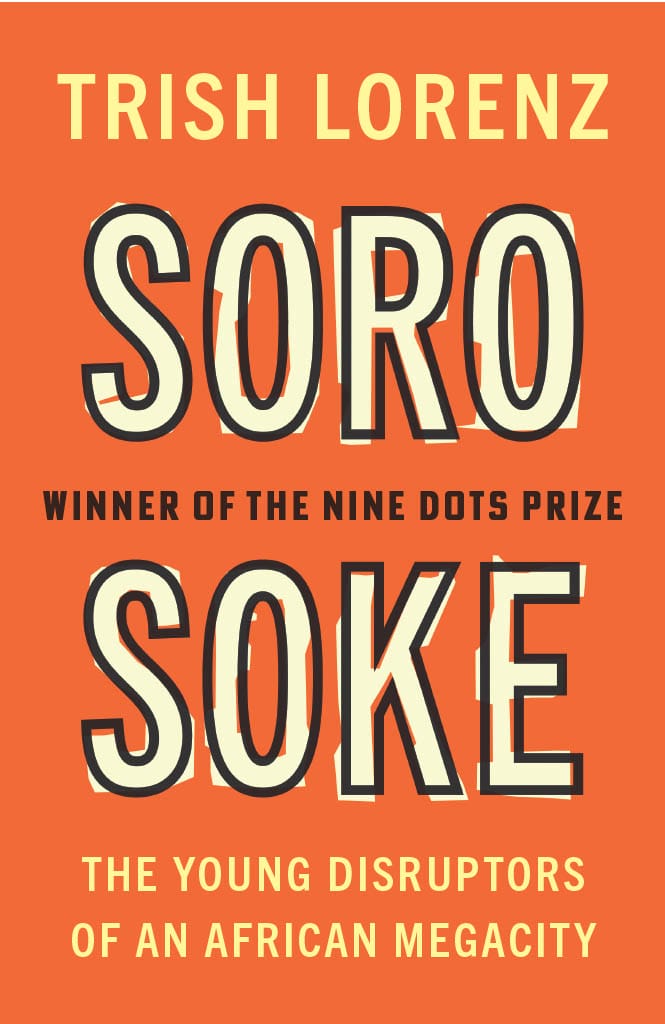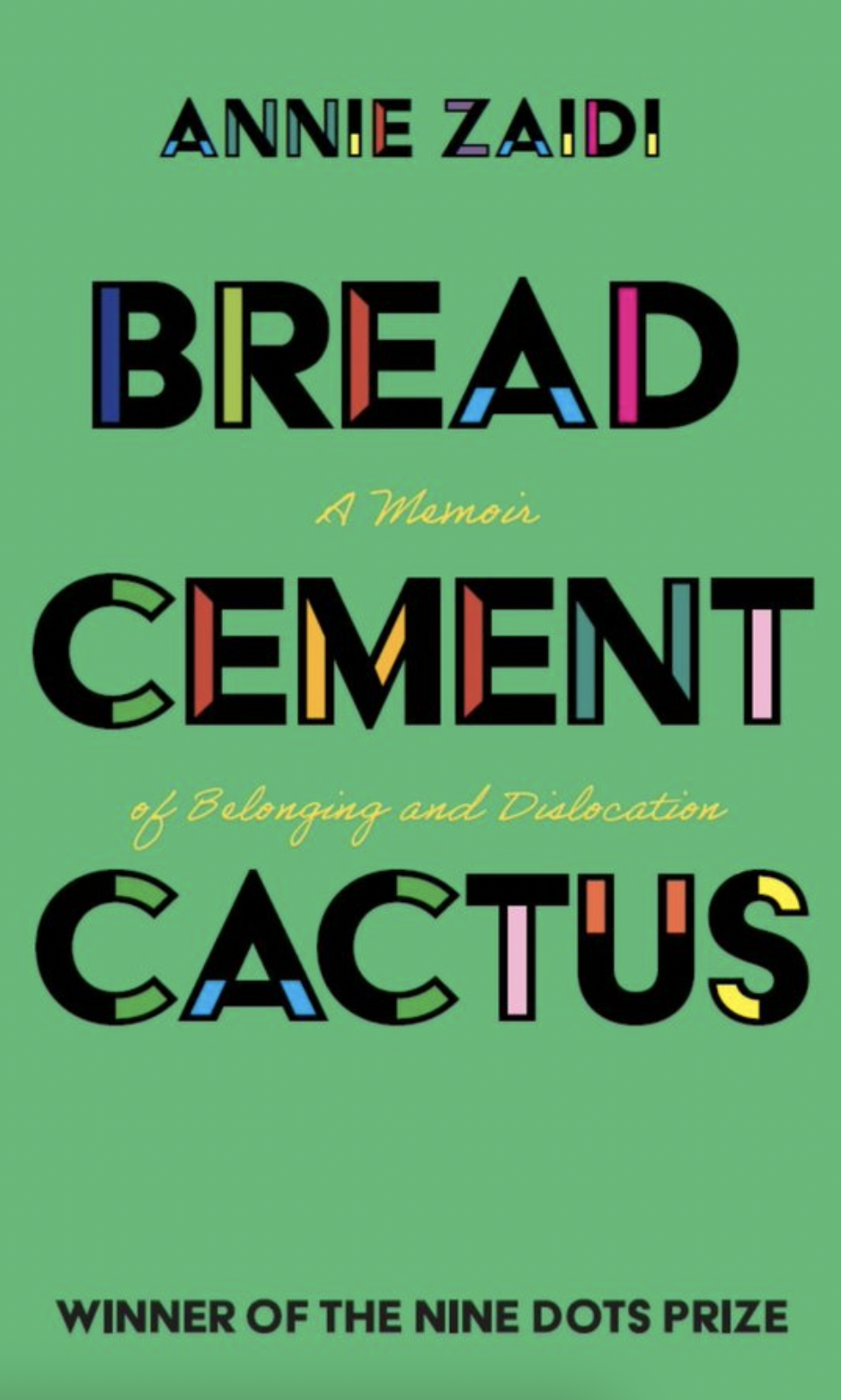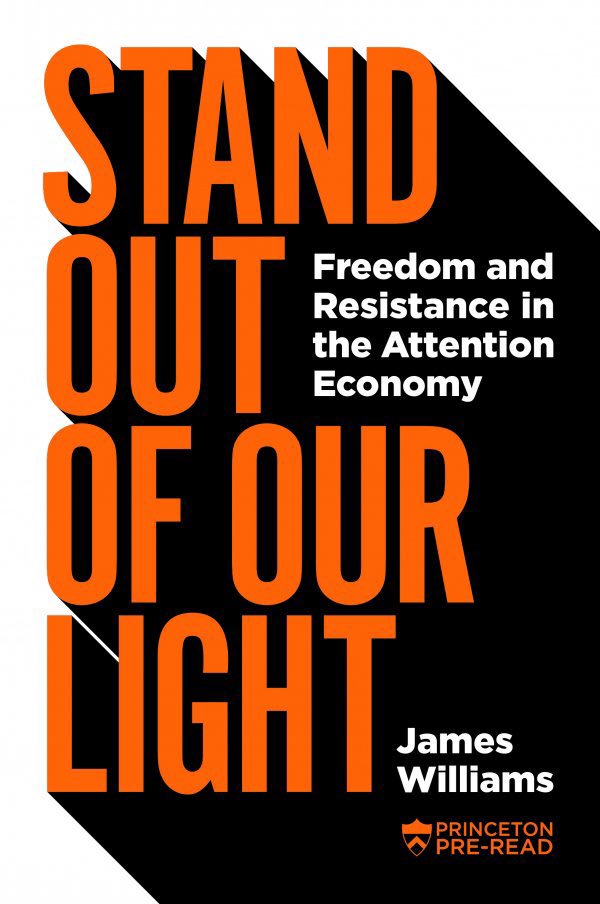Transcript of Nine Dots Prize podcast 5: Where can you find inspiration?
6 January, 2025
Jane Tinkler
Hello, and welcome to this podcast for anyone considering applying for the Nine Dots Prize. I’m Jane Tinkler, Senior Manager for the Prize. And we’re looking for entries that will really stand out and engage readers. So we’ve asked three successful writers to share some of their ideas, experience and advice. In this podcast, we’ll be exploring one of the key challenges in any piece of writing: inspiration, how to come up with creative ideas, and how to get these ideas down on paper,
Stella Duffy
To inspire is to breathe in. And inspiration is about taking in what is what we see, what we feel, what we touch, other people, everything… and letting it be in and of ourselves, in order to turn it into something that is more personal, more owned, and more mine.
Urvashi Butalia
Really what writers, especially those who have been marginalized, need to feel is that there is somebody out there who cares or who wants to listen to my story, because they have stories. They know they have stories, but they often undervalue them, undervalue the stories and think they’re not worth telling.
Helen Czerski
Why is this thing actually interesting? It’s not good enough to say, I think it’s interesting, and therefore, sit down, shut up and listen. You got to earn, you’ve really got to earn the right to be heard by saying something that is worth listening to. And that involves looking at stuff really deeply.
Jane Tinkler
Looking extremely closely at a subject is one way to try and find a creative inroad. But it’s easy to get lost in research and detail and distraction. What’s at the heart of the matter? How do you find creative inspiration? Let’s begin by meeting our first writer.
Stella Duffy
I’m Stella Duffy, I’m a psychotherapist, novelist and short story writer. Alongside my psychotherapy work and my own creative work, I work as a creative mentor, largely working with theatre makers, but also with writers and with people who want to begin to create but are maybe uncertain. For example, I’m working with somebody at the moment who doesn’t quite know if the piece they want to make is a film, or a story, or a novel, or maybe an essay. And so the work that I do as a creative mentor is less, it’s not coaching, it’s not saying you know, you’re gonna get 500 words done by the end of the day, although that’s always useful. But it’s much more what, what’s, what’s here, what’s the guts, you know, where’s the meat? Works for vegans, too, of course, what’s the I didn’t know, juicy bit of tofu. But where’s the central core, the spine of the thing where’s the heart. And I think sometimes we get so caught up in “Oh it’s to look like this, or it’s going to be that form, I really like that writer, and I want to be like them,” Well, you can’t. Ever. The only writer you can be is yourself and finding how we put ourselves in our work.
That’s what I think I’m doing as a creative mentor. At least that’s what I hope I’m doing. And I think that’s what matters to all of us as creatives, it’s got to be of us, or there’s no point in me doing it, I might as well just support someone else.
Jane Tinkler
People often talk about the creative, artistic genius. But is there a more scientific approach to creativity? What’s happening in our brains during a moment of inspiration.
Helen Czerski
I’m Dr. Helen Czerski I’m an associate professor at University College London, and I study the physics of the ocean surface. And I also talk about science. From a neurological point of view, all creativity is, is connecting ideas together. And then you’ve got a new idea. And then you can connect that to something else. That’s what creativity is, it’s about seeing that these two things that look disconnected, can be related to each other. And there’s actually something useful to say that, you know, and so there’s creativity in all types of areas. And in science, it comes through seeing that different ideas can be connected to make a tool. It’s exactly the same kind of creativity as art. And actually, I do have a scientific friends who are also very, very good artists, because they have the ability to look at the world and see it as it is, and then connect things within that.
Jane Tinkler
The flash of inspiration or light bulb moment feels like the occasion when these creative connections are made. But Helen argues that we need to spend our time really laying the groundwork for this magic to happen.
Helen Czerski
It is not about the lightbulb moment, that’s not actually the important bit. The important bit is that you spent ages laying all the pieces out and thinking about what things might be relevant, what things might be useful here, what might matter. And then you go away, and then your brain goes “Oh, but that thing and that thing, you can look at them like this”. And that’s the moment of creativity, but you cannot have the creativity unless you’ve done your homework. I’m afraid a lot of this comes back to having done your homework.
Jane Tinkler
But sometimes, you might need a little help with that homework. And that’s where editors, publishers, friends and family come in. Having these people as a sounding board can be vital for inspiration. But who really gets the chance to be creative? And is there a way to foster creativity in others, as well as ourselves?
Urvashi Butalia
I’m Urvashi Butalia. I live in India. I’m a publisher, a writer, a feminist, not necessarily in that order. But in my life, they all come together wonderfully. It’s actually people stories that inspire me. All the time, I’m looking around at interesting things that are going on around me. And a lot of the time, it’s stories about women and the things that are happening in women’s lives. When I look at women in the country that I come from, and the issues they face, and the courage, they have to address them. You can’t but to be moved by that.
In Zubaan, my publishing house, we run a small grant scheme for young writers. And you know, just yesterday, we were in a workshop that we are conducting with women from a place up in the northeast of India called Assam. And these are women who come from small riverine villages. And the initial reaction is “What do we write? Our lives are so ordinary” but then, when they start looking into their lives, they’re so rich with stories. And I kept feeling in our meeting yesterday that the room was just brimming with stories. So the first thing I think, is to give women the confidence that what they have to say is important. And there are people out there who want to listen to it. And the next thing is to have them put it down. And then talk to them about methods of writing ways of expressing your story, bringing it to the public, and eventually working collaboratively together to produce something, which I think if you can get that far is really well worth the effort and pretty wonderful.
Jane Tinkler
Having confidence in your creative ideas is harder than it sounds. Perhaps one way forward is to be more playful with your ideas, to try things out, to risk getting things wrong. Here’s Stella Duffy.
Stella Duffy
As a three-year-old and a four-year-old…you, I, every single one of us was amazingly creative. And we live in a culture that says no to us. When was the last time you looked at a table and knew it was also an elephant? A den you could make underneath, a mountain you could climb, a ship to turn upside down. And I’m really fortunate that a lot of my background and how I came to writing into performance was through improvisation. And improvisation says yes, say yes. First. Say yes. Before you say no say yes, let’s give it a go. Saying yes to your absurd daft prosaic 20,000 other people will have this idea is the way forward. Searching for the most amazing thinking is never going to do it. Say Yes to the first idea and play with it. Say Yes to the second idea and play with it. Be a three-year-old, seriously, be a three-year-old.
Jane Tinkler
If you find it hard to return to your inner three-year-old, is there another trick to developing creative ideas? Here’s Helen Czerski.
Helen Czerski
People ask about the trick of writing. And the whole point is there isn’t a trick, you have to do it properly. There’s no trick that’s like going to sidestep, you are going to somehow sneak around the back so you can gatecrash the party. The process is to dig and to dig and to dig, I do my homework, I cannot emphasize that enough. I read everything I can find. I make sure I really understand what’s going on and I nitpick. And then there will be a way of looking at that that makes it relevant or interesting. There is no trick. You have to do the hard work of working out what’s important. Why is it important? And why does it matter to somebody else? And if you can’t do that, it shouldn’t be written.
Jane Tinkler
Urvashi Butalia is a judge for the nine dots prize and an experienced writer and publisher. What does she look for in a creative piece of nonfiction writing?
Urvashi Butalia
I’ve been in publishing for 50 years. I know by about page 10 that this is going to be something exciting and this is something I want to publish. I think the good ideas are always the simplest ones or that look simple on the surface, but behind which lies so much. It’s great to just think of something very, very straightforward, very, very ordinary, which is around you. And from there, if you can pick on the personal and link it to the larger story, you might be able to come up with really interesting things.
Jane Tinkler
Urvashi looks for voices that have been silenced, stories that haven’t been heard, including creative work by imprisoned writers, or those from the lowest castes,
Urvashi Butalia
We look for stories and communities who have been, almost actively denied the right to write. We did a book by a Muslim woman called Selma, who lived in Tamil Nadu. And who comes from a very deeply conservative society in which young girls are pulled out of school when they start menstruating and kept ready for marriage, which is what happened to her. And for eight years, she was at home, waiting to be married. And during this time, she wrote, and she wrote about the body – erotic work. And this work anonymously written and published, set the Tamil literary establishment aflame, this story really brought home to me the fact that you can lock up somebody, you can keep them away from the literary world, but if they want to write, they will find a way to write and writing will find its way to them. So that really is the kind of thing that inspires us to continue our work.
Jane Tinkler
Creativity and inspiration can be found everywhere. But is everyone given the same opportunity for creativity? There’s still a persistent myth that the creative genius operates alone. And that creativity is an innate gift, rather than something shaped by luck, by family, and by the world we’re born into. Stella Duffy believes that our ideas of creativity and genius need urgent rethinking,
Stella Duffy
I’ve said to people, “Well put your hand up if you think Mozart was a genius”, and most of the room will put their hand up because you know, that’s a given Mozart was a genius. And then I say, “Now keep your hand up. If your dad was Salzburg’s best violin teacher. And he made you a scale model violin at three. And he taught you and your sister how to play the violin”. I mean, there’s plenty of people who tell you that, as a child, Mozart’s sister was a better composer. But hey, she was a girl. So we don’t know that for true. What we do know is that our children are not getting scale model violins at the age of three. What we do know is that most of the children in the world are not getting the best possible education. I guarantee you and I say this, as someone who’s had cancer twice, I guarantee you we would have the cure for cancer tomorrow, if we were educating everyone to the same level, but we’re not.
I truly believe that all people are creative. To say that also says, I need to work for that. It’s not good enough for me to just think it’s a lovely idea. We live in a culture that boxes us up right from the beginning. That privileges some people utterly denies privilege to others. Simone de Beauvoir says, “To will oneself free is also to will others free”. She was writing this towards the end of the Second World War in Europe and De Beauvoir is looking at what’s happened and going, it is not enough just for me to be free. I have to work for the freedom of others. And I truly believe that creativity is part of that. For me to express my own creativity is not enough. Okay, that actually makes me want to cry. And if you keep any of us in, please don’t cut out that it makes me want to cry. If I want to be creative myself, I have to will the creativity of others. I’m not so special that I get away with only me being creative. If I get to be creative, I ought to and need to support others.
Jane Tinkler
It seems that creativity is about connection, not just connecting ideas, but forging creative connections between writer and reader and between different communities. The nine dots prize aims to support nonfiction writing from across the globe. Especially from people who might be less experienced writers, but who still have brilliant creative ideas to explore. What final words of advice can our writers give to people who are planning to enter the price,
Urvashi Butalia
I would say, believe in yourself and believe that the story you have is worth telling. And then think of how you want to tell it, and where you want to locate it. And it’s so important to, to have a location that allows you to give expression to your voice, because you have to find your own voice in telling that story. And you know, not to be intimidated by academic expectations. Often people think the academic jargon filled way is the only way to go. No, I’ll write in a way that feels true to me. Don’t be scared of simplicity, because people often think you have to make complex sentences. No, you know, your sentences should be clear as water transparent. And don’t ever forget that you must write from the heart, you know, do what your heart tells you.
Helen Czerski
I think everybody writes differently. Some people write lots and lots and then edit it back. Some people write one sentence at a time and make sure it’s the right one and then move on. And I’m more in that category. But I think if you’re stuck, you have to be asking the big picture of what is it I’m trying to say is this worth saying? Because sometimes when it’s hard to write, it’s because you’re trying to say the wrong thing. So if you are you struggling with what you’re doing, or you find that you’re stuck, the first option is to keep digging, like what is really going on here, nitpick at the edges, because sometimes you read something and then you spot something just to the side of it, you go okay, that’s the way in. So sometimes you have to do much more homework to find the point. And sometimes you just have to say, I’m struggling because I should be writing something else.
Stella Duffy
Okay, here’s a bunch of tips for people, particularly if you’re new to writing, you know, particularly if you’ve seen the prize and gone “I do have something I’d like to say. But writing scares me”. First of all, crossing out your page, before you start writing is really useful. Cross the page out. Don’t take it so seriously. Do the writing including when you don’t feel like doing the writing. Sometimes when you push through, that’s when the magic happens. And I think the biggest thing I have to suggest is risk getting the words wrong. When we write the words that don’t feel quite right, we begin to understand which words need to be there instead. If we don’t risk getting the words wrong, we can’t ever make them the right words. So risk getting the words wrong first, then make them better.
Jane Tinkler
Now it’s over to you. We launched the prize again on the fifth of October 2022. The new question will be revealed then on our website, nine dots prize.org. We hope you’ll consider applying. We’re looking forward to receiving your entries, and many thanks to our writers, Stella Duffy, Helen Czerski and Urvashi Butalia.
This podcast was produced by Tom Woolfenden and it’s a Loftus Media Production.



